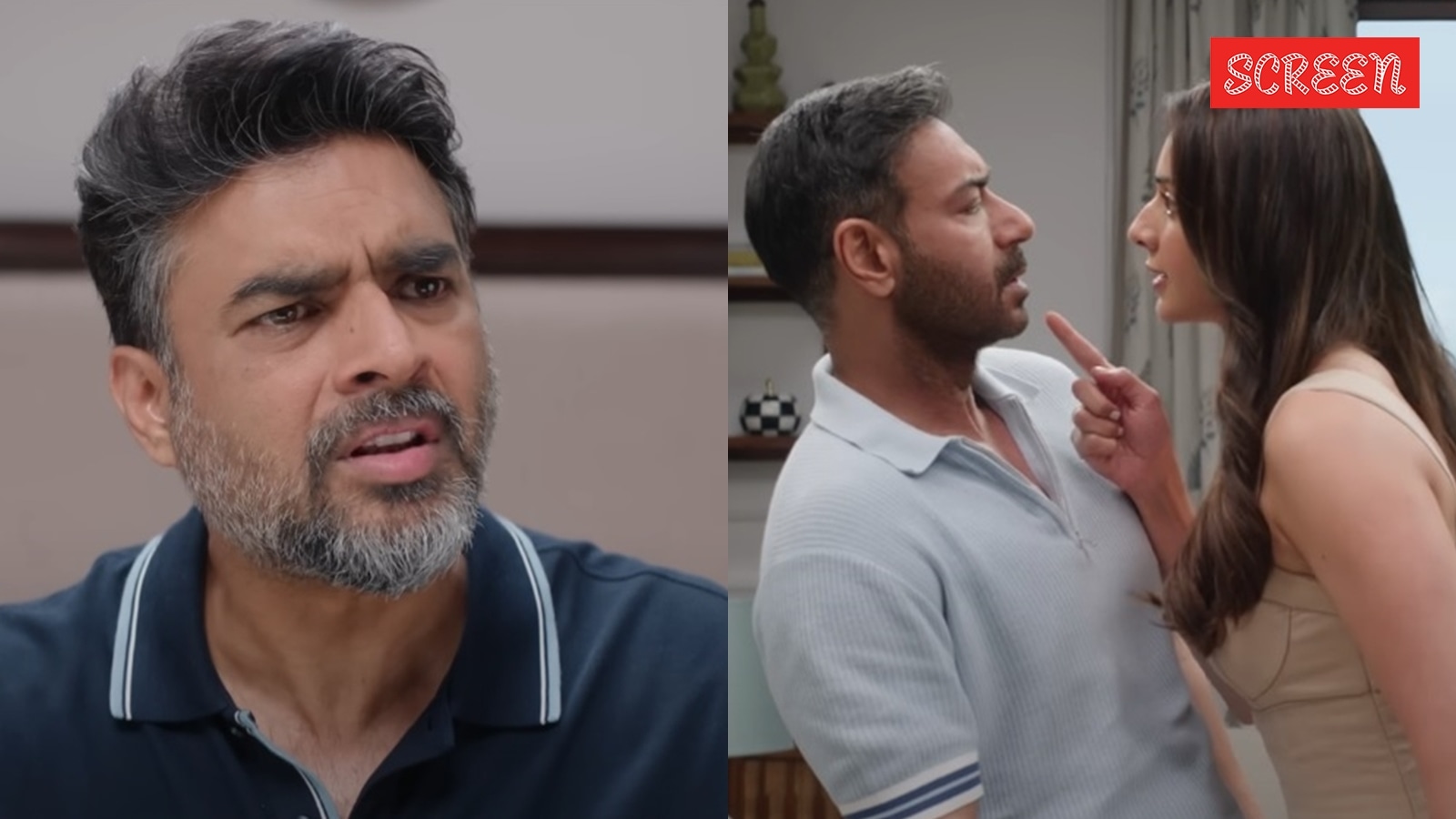The 29th performance of the Artie’s in India was a part of the International Music and Arts Society’s golden jubilee celebrations. Though the group has visited Bengaluru often, Artie’s as amorphous as its founder-director, Gauthier Herrmann, chooses performers who share his relaxed and friendly-modern approach, his aim being to present Indian audiences with a varied fare of Western classical music. The unusual inclusion of a vocalist added to the evening’s appeal.
Opening with Mozart’s early violin and piano sonata K379, one noticed the piano was more dominant, the violin seeming merely to accompany the keyboard. This is not surprising, as the piano was Mozart’s favoured performance instrument, but he rectified this in his later works in the genre. However, Mozart’s structural invention, for all its apparent simplicity, insists on great skill to bring out its tempi and lyricism — both Nicolas Bourdoncle on the piano and violinist Mathilde Borsarello — did justice.
Handel’s ‘Guilio cesare in egitto’ is now one of the most often-performed Baroque opera seria. Its dramatic impact comes from its wonderful arias, underlined with skillful orchestral support. However, the sumptuous ‘Overture’, transposed for a trio by Gauthier, inevitably diminished the original’s breadth and pomp.
From the same opera, the famous tragic aria, ‘Piangerò la sorte mia’ (I will lament my fate), beautifully conveys Cleopatra’s passions and fears. As a political leader and a woman in a violent-male world, fearing that Cesare is dead, she laments the loss of both — her lover and her powerful position. Soprano, Marion Tassou, emphasised the pain in the first stanza, managing well the shift to fury in the fiery B-section of this da capo aria.

The Artie’s team at its recent Bengaluru performance | Photo Credit: Special Arrangement
Unfortunately, no translations of any of the vocals was to hand and the spoken explanations preceding them were not adequate, particularly for the Reynaldo Hahn songs that followed. An unfamiliar composer to most in the audience, Hahn was born in Venezuela, but lived and composed in France. His reputation was not that of a serious composer, rather, he was best known as a song-man, for popular “melodies” that evoked the spirit of fin de siècle Paris. As a prominent member of society, Hahn knew all the important Parisian artists and intellectuals (Sarah Bernhardt was a close friend, and he was Marcel Proust’s only love interest) . Three examples of Hahn’s songs were included in the programme, though ‘Descret Indolens au asard’ was performed as a solo piano piece, as it often is. It was followed by ‘L’heure Exquise’, based on Verlaine’s poem. Soprano Tassou was tender in the dreamy piece, switching to a lively enjoyment of ‘La Derniere Valse’.
After the Interval, the mainstay of the programme was Schubert’s ‘Piano trio op99’, an unusually large-scale work for a chamber piece. Schubert was a great admirer of Beethoven; however, he was unable to impress his idol as he had not written any impressive major work, so perhaps, this Trio is compensation for Schubert’s lack of having produced any “serious” concert piece till then. Opening joyously, the violin and cello, with their almost identical parts, floated the melody over the piano’s triplet runs. The cello gently rocked the Andante un poco mosso’s lilting melody and swaying rhythm. The Scherzo involved all three instruments, almost imitating each other. The classical Minuet form was spiky with staccato, finally relaxing into a waltz. Schubert’s typically graceful, yet deeply expressive quality was brought out rendered with companionable rapport and the technical excellence that one expects of musicians of this caliber.
Two humorous arias from Offenbach’s operettas brought the programme to a delightful close. Tassou brought appropriate lightness to the ‘Grand Duchess Geroldstein’ who adores military men, giving Tassou an opportunity to showcase a lighter voice, with the gaiety of ‘Ah! How I love soldiers!’ The next aria, from the operetta ‘La Perichole - Tu nes pas riche, tu nes pas beau’ (You are neither rich, nor handsome) was charmingly droll, rendered with verve and finesse. Tassou freely used hand gestures to emphasise the meaning in both pieces.
It was an appropriately light-hearted close to an enjoyable programme, shared with great skill and affection.
.png)
.png) 3 hours ago
16
3 hours ago
16








 English (US) ·
English (US) ·